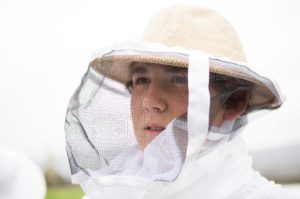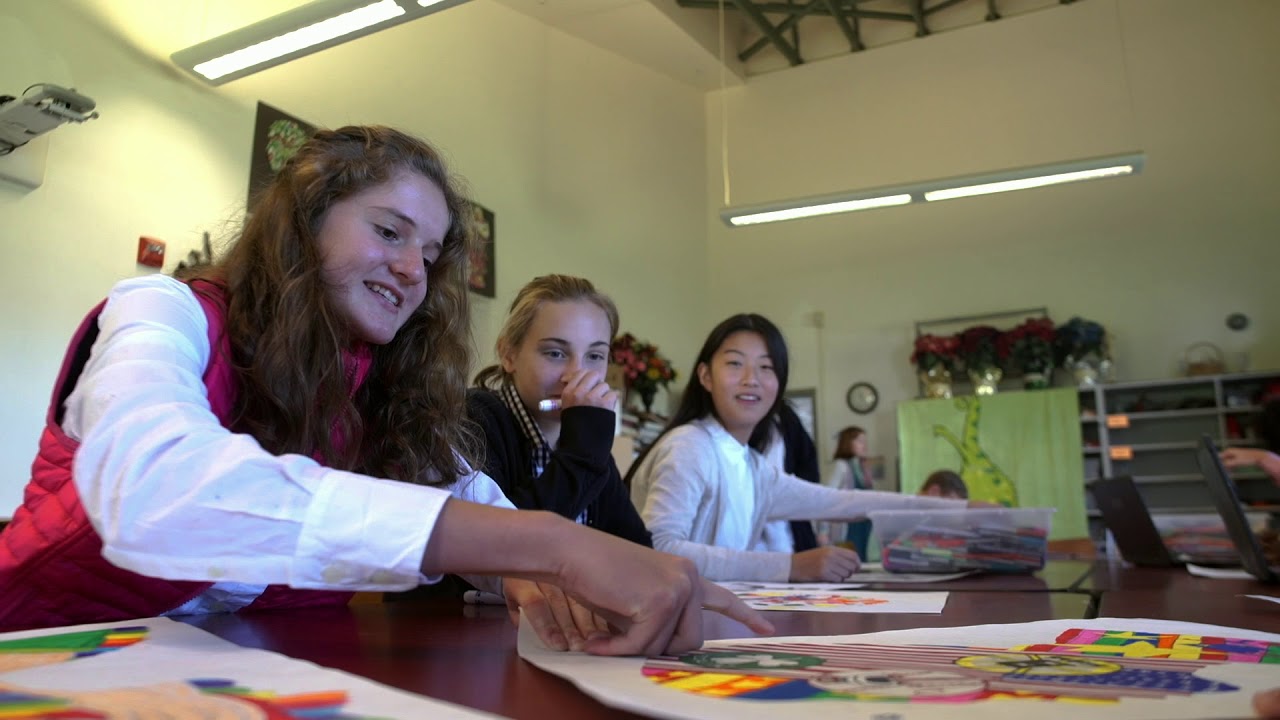Should You Choose Boarding School for Your Child?
Here are 5 things to consider when setting them up for success in college—and beyond.Thinking about sending your son or daughter off into the real world can be a bit scary.
The good news is that you’ve already started considering a future in which they will thrive. The better news is that we’ve put together a quick checklist of things you can do now that will set them up for success as they head to the best colleges in the country.
How will they manage? Who will wash their laundry or make their lunch? Who will balance their budget or help with their resume? Who will make sure their stuffed animal makes its way into their bed each night? Spoiler alert: them! They can, will and want to be independent.
Fostering this innate independence at every level is at the core of a boarding school education. Whether it’s getting to class on time, self-managing a busy school and extracurricular schedule, or cohabitating with a group of their peers, students who spend their high school experience in a boarding school setting are 78 percent more likely to feel confident in college and beyond, compared to only 36 percent of private day students and just 23 percent of public school students. Establishing independence early is critical for future success.
1. Budgeting Basics
According to a 2018 study by T. Rowe Price, 88 percent of young adults rely on the financial education they received in high school to make decisions in adulthood. Eighty-six percent feel it should be taught in all schools, and 84 percent are glad they received financial education when they were younger. Those are numbers that don’t lie.
Not only are boarding schools more likely to have a robust economic curriculum, the low teacher-to-student ratio (1:12) will ensure that your student is not only exposed to these important money lessons but comprehends and retains them. Your child will also get to put these skills into practice by budgeting for solo shopping excursions. They may even teach you how to save a few dollars at Target (though we know that’s nearly impossible).

2. Cultural Consciousness
Developing a worldview isn’t an accident. You’ve spent their youth teaching them about different cultures; maybe traveling to other countries, tasting exotic cuisines, learning new languages. But there’s no match for an experience that is at once immersive, inclusive and diverse.
American boarding schools offer a variety of curricula to suit the social activist, the culturally curious, the student who is ready to change the world. It starts by learning and living among a diverse student body and is extended by providing unique opportunities to participate in culturally relevant activities. Most boarding schools have students from 30+ countries. So students are encouraged to have open and honest dialogues while being mentored by teachers and administrators.

3. Healthy Habits
It’s no secret that the earlier a child adopts a healthy habit, the more likely they are to maintain it into adulthood. From a well-balanced diet and personal hygiene to a good night’s sleep and fitness regimen, countless studies have been conducted about the importance of establishing a foundation early on in life.
Boarding school environments ease the transition into college by offering autonomous daily living with the support of a knowledgeable staff to guide students in a healthy direction. Schools are well equipped with health and wellness facilities, nutritious dining options and, most importantly, the space for a child to grow into these habits naturally.

4. Time Management
College can present a rude awakening to students who are used to having parental reminders for important dates you know, like, college application deadlines. One’s ability to succeed is undeniably linked to one’s ability to properly plan and execute. Time management is perhaps the most crucial skill teens must acquire before heading into the real world.
In a self-regulated space, like a boarding school, students quickly learn how to manage their days and nights. Living among their friends and peers will help them learn how to prioritize their time in a way that will serve them well for the rest of their lives.

5. Relationship Building
The social pressures for teens are mounting at record speed. With constant connectivity through technology, teens talk to each other all day but rarely seem to communicate. According to Pew Research, 95 percent of teens have access to a smartphone, with half being online “almost constantly.”
While teens are advancing their technological prowess, they’re losing the ability to connect on an empathic, personal level. Worse, they don’t understand how critical those skills are to creating healthy personal and professional relationships. Boarding schools allow students to live within their society, not just viewing it from behind a glowing screen.

Learn more or kick-start your student’s boarding school journey at Contact TABS.











 Photo courtesy of: Tristin Sienkiewicz, Hawaii Preparatory Academy ’17
Photo courtesy of: Tristin Sienkiewicz, Hawaii Preparatory Academy ’17








